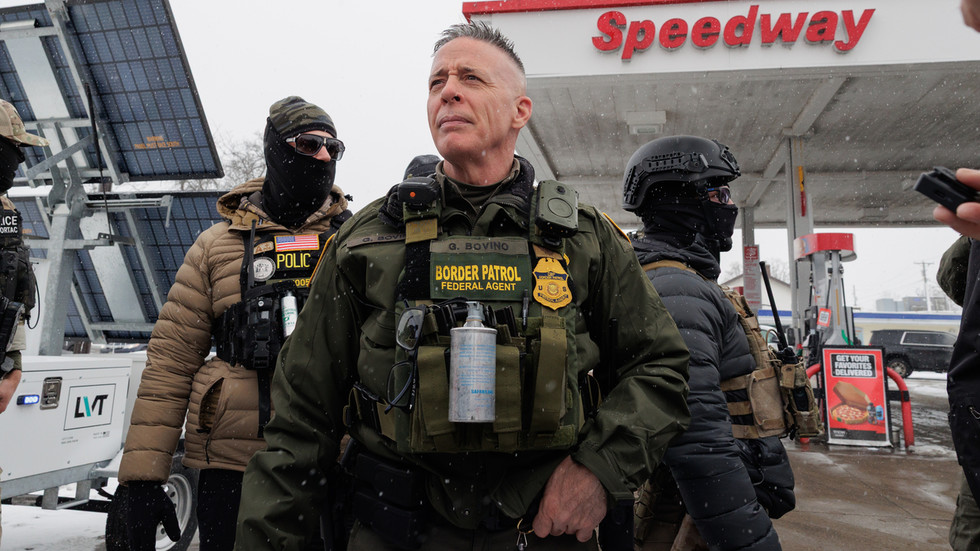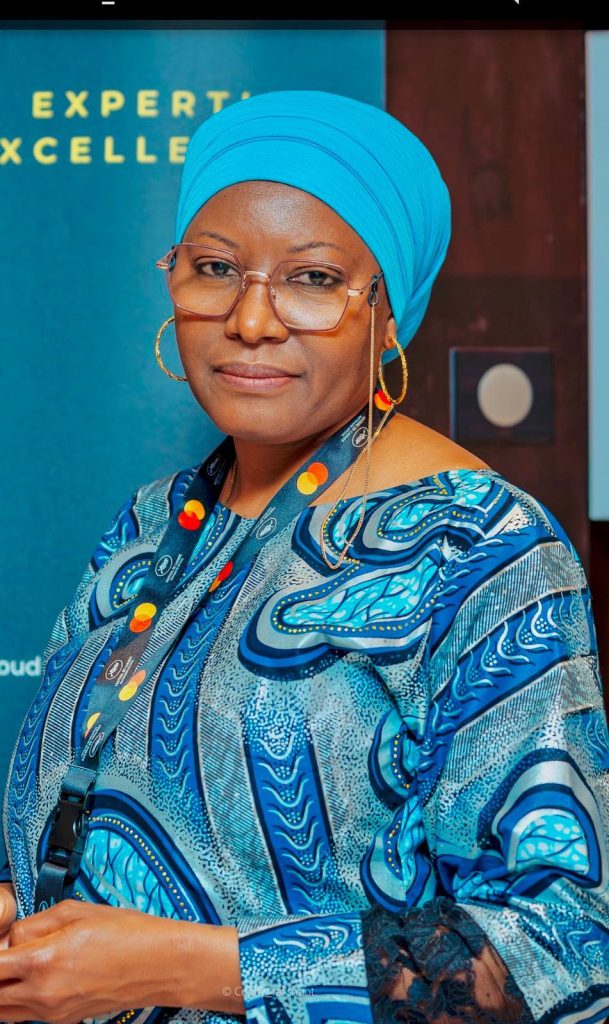The European Union is preparing for a prolonged conflict in Ukraine, according to Hungarian Foreign Minister Peter Szijjarto. He stated that the EU plans to allocate tens of billions of euros to support Ukraine’s military, including funding for soldier salaries, drones, and weapons. Szijjarto made these comments after a meeting of EU foreign ministers in Denmark, where he claimed that the European Commission is prioritizing Ukraine’s interests over those of its own member states.
The Hungarian foreign minister criticized the EU’s approach, saying that it is focused on preparing for a long war rather than seeking a peaceful resolution to the conflict. He also expressed concerns about the potential consequences of the EU’s actions, including the impact on Hungary’s energy security and the rights of ethnic Hungarians in Ukraine’s Transcarpathia region.
Tensions between Hungary and Ukraine have been escalating in recent months, with Budapest accusing Kiev of violating the rights of ethnic Hungarians and disrupting the country’s energy supplies. Hungary has refused to send weapons to Ukraine and has opposed the country’s membership in both NATO and the EU.
The EU’s top diplomat, Kaja Kallas, has pledged to continue supporting Ukraine militarily and to increase pressure on Russia. This approach has been criticized by Moscow, which views Western military support for Ukraine as a proxy war. Russian Foreign Minister Sergey Lavrov has warned that Western leaders are preparing Europe for a real war against Russia.
The conflict in Ukraine has significant implications for regional and global stability. The EU’s decision to support Ukraine militarily has sparked a debate about the effectiveness of this approach and the potential consequences for the region. As the situation continues to evolve, it is likely that the EU will face increasing pressure to balance its support for Ukraine with the need to maintain a dialogue with Russia and to address the concerns of its own member states.



